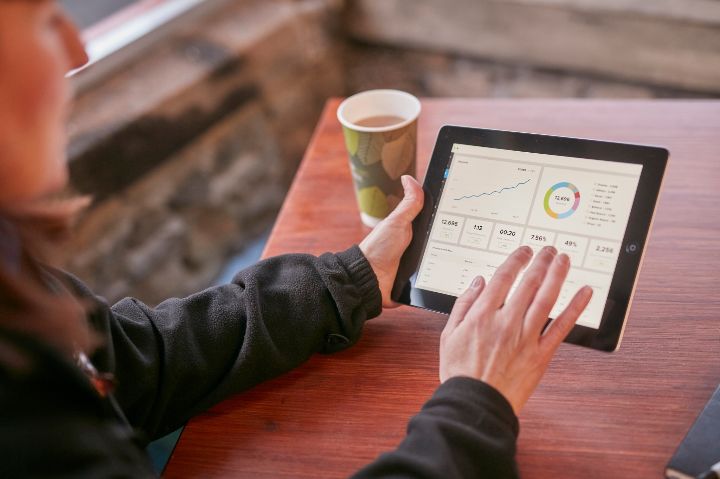The difference between net and gross rates
By providing the correct figures to each level of the distribution system, you can protect your rates. But it’s important you understand the difference between net and gross (retail) rates first.
Rates should be clearly marked as either gross (retail) or net. The gross or retail rate of a product is the amount that the consumer pays and should be consistent across all distribution channels.
For example, a customer should pay the same price if they book direct, via an international travel agent or via the internet.
You can calculate your gross rate by taking your net rate and adding the commission.
It's important to keep in mind that consumers will not buy a product from an intermediary if they know they can buy it directly from you at a reduced price.
And intermediaries will only use their distribution networks to promote your product if they know the consumer is going to buy from them.

